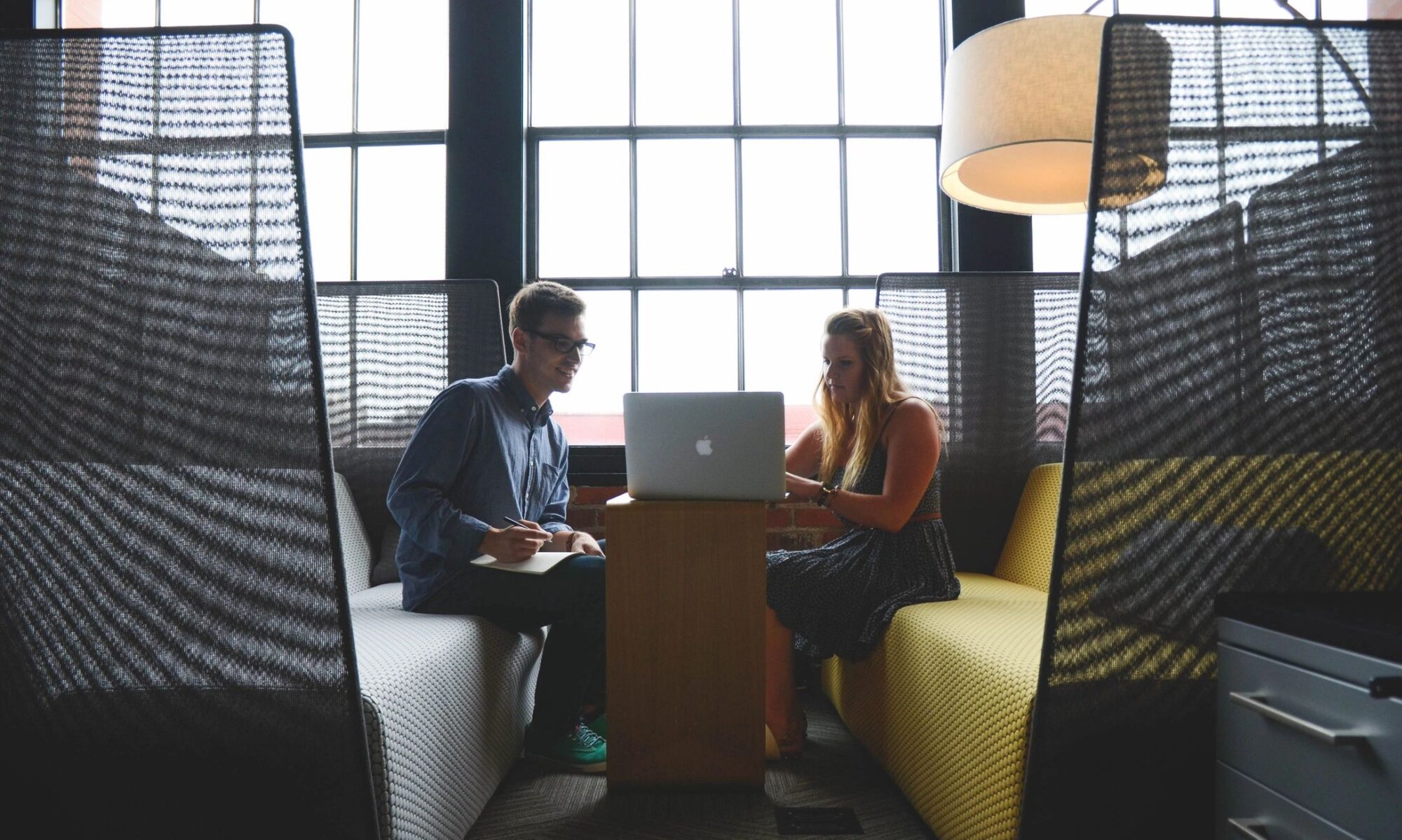6 top tips to help combat loneliness in the workplace
As I went for my early morning walk along the river, I searched for a new Podcast to listen to. I turned to the Harvard Business Review and discovered a HBR IdeaCast called ‘Another Workplace Crisis: Loneliness‘ by Dr Vivek Murthy, a former U.S. Surgeon General.
It was such an interesting podcast which really got me thinking. Why is loneliness such a big health issue? How does being lonely affect your work performance? What are workplaces doing to combat loneliness during COVID-19?
What is loneliness?
Dr Murthy states that prior to the COVID-19 pandemic we were up against a different type of epidemic – the epidemic of loneliness. But what exactly is loneliness? Dr Murthy says
‘Loneliness is the feeling that the connections that we need in life are greater than the social connections we are experiencing right now’.
According to Dr Murthy, loneliness is not something new – it is a feeling that people have experienced for generations. Loneliness is extremely common. In fact, studies have shown that loneliness in Australia affects around 25% of the population. It is interesting to note that loneliness is not something that only affects the older generation. According to Dr Murthy, one of the greatest peaks of loneliness seems to be early in adolescence and early adulthood.
As a nutrition health coach and an extremely social being, I have always appreciated the importance of a healthy social life. As human beings, we are meant to connect and relate to one another. When my social life is in balance, I feel a sense of connection and belonging to something outside of myself. A sense of belonging is one of our basic psychological needs for survival. Feeling needed by others, inspires us to be the best versions of ourselves and to stay mentally healthy.
Why is loneliness such a big health issue?
Studies show that social isolation has been a growing problem in Australia for years and has a massive negative impact on our health and wellbeing and productivity. Dr Murthy explained that loneliness places us in a stress state and stress states (when they are temporary) can be performance enhancing. However, when we experience loneliness for prolonged periods of time the chronic stress can cause greater levels of inflammation in our body, which can result in damaged tissues and blood vessels. Dr Murthy believes this could be one of the reasons we see a strong association between loneliness and the risk of heart disease, anxiety, depression, dementia and even a shortening of lifespan.
How does being lonely affect our work performance?
Most of us are spending around one third of our lives at work. A degree of loneliness in the workplace is higher than one would expect. Presently, many of us are remote working every day. We have been physically removed from all of our colleagues. The COVID-19 pandemic has placed an extraordinary amount of stress on people and also on their families. Whilst working from home, it has become almost impossible to completely shut off ourselves emotionally and draw an impermeable dividing line between our work and home life. It is inevitable that what is happening in our personal lives affects our work performance.
According to Dr Murthy, physical distancing can either deepen the problem of loneliness or it could be an opportunity to step back and appreciate the power and importance of our connections. We can be intentional about re-designing our lives and how we value our current relationships. Dr Murthy believes COVID-19 is highlighting how central our relationships are, the people that we love and also the people in our community. I think it is important to recognise that we are all struggling and being imperfect is being a human being. When we help another person, we form a bond and reaffirm to ourselves that we have value to give to the world.
Dr Murthy asked two simple questions:
Do you feel like you have a best friend at work?; or
Do you feel that you have someone at work that you can confide in and be yourself with?
He believes that the answer to these questions is strongly correlated with the degree of engagement that someone has in the workplace. This engagement also affects your productivity, creativity and retention in the workplace.
How can workplaces help to combat this trend of loneliness?
There are a number of ways workplaces can help combat the feeling of loneliness:
- Show a genuine interest in people’s lives – whilst working from home, people are trying to juggle work, family responsibilities, home schooling and exercise. Take an interest in these aspects of your colleagues lives by providing opportunities for them to be understood as individuals. The best functioning teams have a culture of trust, empathy and compassion in which employees feel they can safely and openly talk about themselves and their personal challenges;
- Leaders need to be emotionally vulnerable – employees want to feel confident that the leaders in their organisation are competent and can guide them through the COVID-19 crisis. However, employees also want to see that their leaders are human beings, can be emotionally vulnerable and can relate to the struggles that they might be facing;
- Encourage strong relationships – you cannot force people to become friends in the workplace. However, you can certainly encourage them to connect and form bonds. As we relate to each other, we can appreciate our uniqueness and realise that we all have our own strengths and weaknesses. We recognise that each and every one of us has something that we are working on and that no one is perfect. Organise fun team building activities, trivia nights, a monthly book club or other inclusive virtual social events;
- Create opportunities for your team to get to know each other – this involves creating opportunities for people to get to know each other outside of their roles at work. Dr Murthy recommends a simple no cost team exercise which involves dedicating five minutes of your weekly meeting to learning about each other’s lives (a team member can share photographs, stories, sporting interests, childhood dreams etc). This creates an opportunity for increased connection and more engagement amongst the team;
- Active listening to build relationships – it is important to come from a place of kindness, empathy and compassion. The most powerful tools we have for changing the workplace and embedding a culture of connection is the small acts of kindness. If a colleague is struggling, take time to call and ask how they are going and ensure you actively listen to the answer. According to Dr Murthy, one of the most important things we can do to build relationships with each other is to listen actively and with our full attention; and
- Prioritise one-to-one catch ups – if you are a leader or manager, make sure you prioritise your one-to-one catch ups. These should provide a safe space for employees to open up, share their feelings and personal struggles without the fear of judgment. Use them as an opportunity to discuss issues beyond the realm of your normal work tasks.
Social connection is crucial for a healthy mind, body and spirit. Remember to honour yourself and choose the appropriate level of solitude and social interaction that brings you the most joy and balance in your life.
Belinda Furse – Nutrition Health Coach, Senior Lawyer and Mum to two young children.


